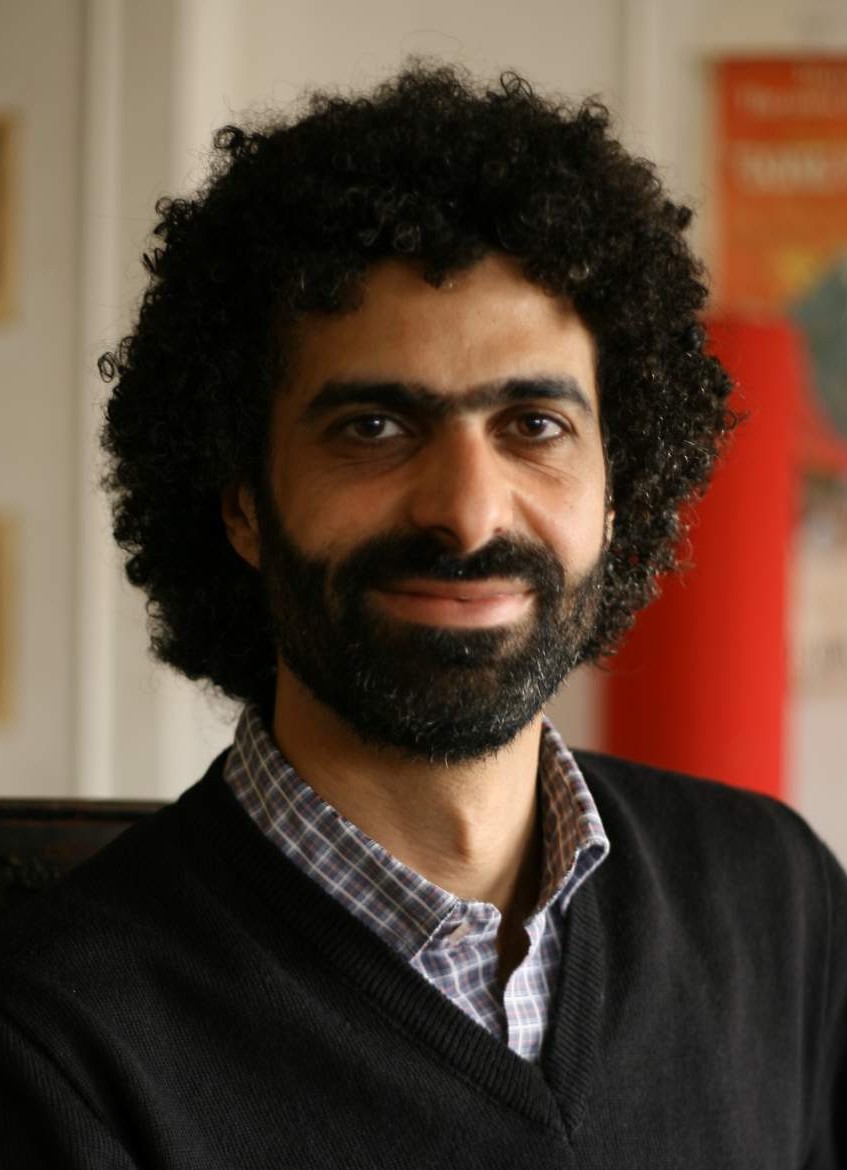By Franz Magnis-Suseno S.J.
JAKARTA: Violence against Christians in Indonesia frequently makes news headlines. However, acts of violence targeting Christians should not obscure the fact that the vast majority of Indonesia’s Christian communities live and worship free from fear and interference in a Muslim majority country, and that religious conversion has never been prohibited.
In the past few years, however, the level of religious freedom has declined. The government must have the courage to stop this trend and protect Indonesia’s religious minorities to continue to uphold religious freedom.
During the first nine months of 2011 alone the Jakarta Forum for Christian Communications counted 31 instances of interference with Christian churches. In 2010 they counted 47 incidents. In many regions it is virtually impossible to build new churches and when Christian communities celebrate their Sunday services in unauthorized places they are often forced to stop under threat of violence. Indeed, this year some of these religiously-motivated threats turned into violent incidents.
While highly successful in fighting terrorism, the government seems reluctant to take action when minorities are threatened. Although the government condemns the use of violence, this is not always backed up by action. For example when three Ahmadis — members of the group founded by Mirza Ghulam Ahmad, an Indian religious leader who claimed he was the promised messiah foretold by the Prophet Mohamed — were killed in the town of Cikeusik, local police did not interfere, and later, the perpetrators only received three to seven month prison sentences.
The discrepancy between statements condemning violence and the consequences for it encourages locals to engage in oppressive sectarian politics against minorities. For over a year now, a Presbyterian community in Bogor, West Java has been harassed by non-Christian groups on Sundays, because it has had to hold services on the sidewalk after its church was closed down by the mayor. Despite Indonesia’s Supreme Court later declaring the closure illegal, the church remains closed by the mayor, who is concerned about the views of some of his Muslim constituents.
This represents a breakdown of tolerance and social order. In the past, resistance to building Christian churches was often justified by the argument that these churches would proselytize to the Muslim community. These arguments were usually countered through dialogue or settled through the courts.
Now, people no longer bother with such excuses and simply say that they do not want a church in their neighborhood. At the same time, local authorities in many places are introducing ordinances based on sharia (Islamic principles of jurisprudence) that further restrict not just the activities of religious minorities but also the rights of citizens, particularly women.
The government needs to declare that there are areas — such as religious freedom and human rights — that do not fall under the jurisdiction of local authorities, who are vulnerable to divisive political interests, but are managed and protected by the central government.
Despite the disturbing news, however, there have also been positive developments that we should take to heart and try to build upon. During the last 15 years, relations between Christians and mainstream Muslims have continuously improved. If 40 years ago, Christians tended to look to the national military for protection when problems arose, they now turn to Nahdlatul Ulama, the largest Muslim organization in Indonesia, not just for protection but also to demonstrate to the public that interfaith relationships at the grassroots level are still strong.
In many places, trusting relationships have been built up between Christian and mainstream Muslim leaders on the local level. Catholic theology students regularly hold events and stay at pesantrens (traditional Islamic boarding schools), and in some places youth militias of Nahdlatul Ulama now protect churches during Christmas and Easter services, further demonstrating the existing strong interfaith bonds.
At the leadership level, on Jan. 10 this year, several well-known religious leaders of various faiths issued a joint declaration criticizing the government for failing to deliver on promises it had made to the public. All three examples demonstrate that maintaining good relationships and understanding are key to building better interfaith relations.
So, do Indonesia’s Christians face a more challenging future? Religious freedom is rooted in Indonesian culture and respected by mainstream Islam. The tangible improvement in relations between Christians and mainstream Muslims of the last 15 years are probably the strongest guarantee for the future of religious tolerance and social order in Indonesia.
Franz Magnis-Suseno S.J. is a German-born Jesuit priest and lecturer at the STF Driyarkara School of Philosophy in Jakarta, as well as a long-time advocate for pluralism in Indonesia. This article was written for the Common Ground News Service (CGNews), www.commongroundnews.org.



